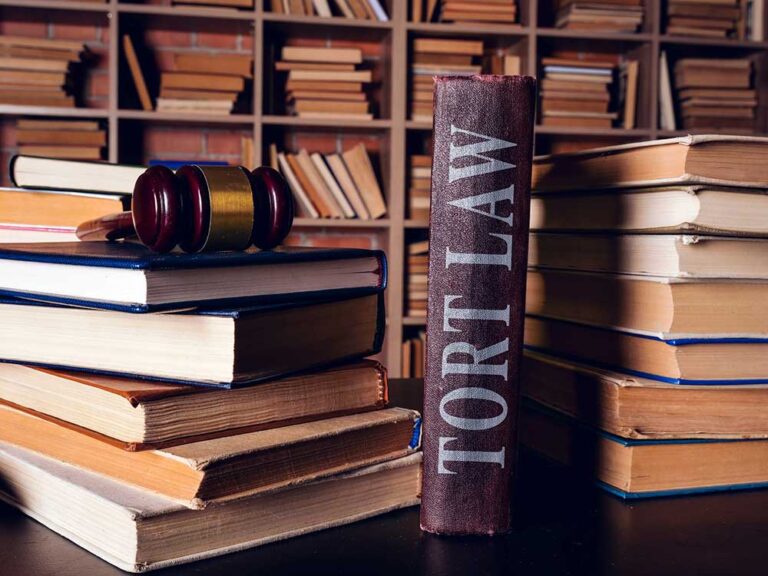
Understanding Tort Law in North Carolina
What is Tort Law?
Tort law is a branch of civil law that addresses wrongful acts resulting in harm to another person, property, or reputation. These cases typically involve one party seeking compensation for damages caused by the negligent, intentional, or reckless actions of another. In North Carolina, tort law plays a significant role in resolving disputes and holding individuals or entities accountable for harm caused to others.
Common Types of Torts in North Carolina
- Negligence: The failure to exercise reasonable care, resulting in harm to another. This includes car accidents, slip-and-fall injuries, and medical malpractice.
- Intentional Torts: Deliberate acts that cause harm, such as assault, battery, defamation, and intentional infliction of emotional distress.
- Strict Liability: Situations where responsibility for damages is imposed without fault, often in cases involving defective products or abnormally dangerous activities.
Elements of a Tort Claim
In North Carolina, a successful tort claim requires establishing several elements. First, the plaintiff must prove that the defendant owed a legal duty of care. This duty depends on the relationship between the parties and the specific circumstances of the case. Next, the plaintiff must demonstrate that the defendant breached this duty by failing to act with reasonable care or by engaging in harmful conduct.
Causation is another critical element, as the plaintiff must show that the defendant’s actions caused the harm for which damages are sought. Lastly, the plaintiff must present evidence of measurable damages, such as physical injuries, financial losses, or emotional distress. These combined elements form the foundation of any tort claim, and proving each is essential to achieving a favorable outcome.
Special Considerations in North Carolina Tort Law
North Carolina follows the contributory negligence rule, which can significantly impact a plaintiff’s ability to recover damages. Under this rule, if the plaintiff is found to have contributed to their own harm in any way, they are barred from recovery. This strict standard highlights the importance of presenting a clear and compelling case to avoid allegations of contributory negligence.
Additionally, North Carolina imposes a statute of limitations on tort claims. The North Carolina statute of limitations is complex, often requiring assistance from an attorney to determine whether a tort claim has been barred under its restrictions. Most cases must be filed within three years of the injury or damage, though some, like defamation, may have shorter deadlines. In certain instances, such as medical malpractice claims, there may also be caps on non-economic damages, which limit recovery for pain and suffering.
Why Legal Representation is Essential
Navigating tort law in North Carolina requires a deep understanding of legal principles and procedural rules. An experienced attorney can evaluate the merits of a case, collect and present evidence, and advocate for fair compensation. Legal representation is especially critical in overcoming challenges like contributory negligence or complex causation issues.
At Robinson & Lawing, LLP, our attorneys bring extensive knowledge and experience to every case, ensuring that clients receive personalized guidance and effective advocacy throughout the process. Our team of accomplished attorneys is experienced in handling a wide range of tort cases, including personal injury, defamation, and product liability. Our team includes:
We are committed to delivering practical solutions and achieving favorable outcomes for our clients. Our attorneys represent both plaintiffs and defendants in tort matters, ensuring that each client receives dedicated advocacy and strategic guidance tailored to their unique circumstances.
If you are involved in a tort dispute, contact Robinson & Lawing, LLP today to schedule a consultation. Let our experienced team of litigators help you navigate your case with confidence and achieve the resolution you deserve.
We strive to keep our content as current as possible. The information in this post is accurate as of its publication date and may not reflect subsequent legal developments.

